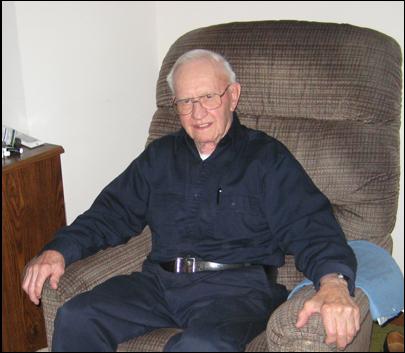|
Chanhassen * 952-934-5659 |
|
Leuthner Well Company Victoria * 952-443-2582 |











|
Laser and Electrolysis Chanhassen 952-474-7474 |
|
Dine in Downtown Victoria * 952-443-2858 |
|
MACKENTHUN’S Gourmet Meats Victoria * 952-443-1841 |
|
St. Bonifacius * 952-446-1338 |
|
Holy Family Catholic High School Victoria * 952-443-4659 |

|
Island View Dining Waconia. 952-442-2956 |
|
Buying or Selling Victoria? Call Nan Emmer. 612-702-2020 |


|
Headlines and bylines |
|
Front Page Feature Story |
|
From the Editor |
|
Addie’s Drawing |
|
Letters to the Editor |
|
Victoria Moments |
|
Hook Line & Sinker |
|
Calendar of Events |
|
Click here to Advertise |
|
the Gazette |
|
Return to Home Page |
|
Order paper Gazette |
|
Notes and Quotes |
|
The Scoop at City Hall |










|
Home Page |
|
The Victoria GAZETTE |
|
Frolicking with Florian |

|
by Sue Orsen Some people think Victoria changed in the 1950’s when Highway 5 was rerouted. Old Highway 5, also known as the Yellowstone Trail, once followed the current path of 78th Street and Stieger Lake Lane past the General Store and Braunworth’s Hardware out to the Dairy Queen. Some people think Victoria changed in the 1960’s when Henry McKnight bought up all the farms and it became the Carver Park Reserve. That’s when businesses lost customers, and the Victoria Creamery and Feedmill closed their doors. But if you were born in 1917, you have a longer and wider vision that covers nearly an entire century, and you come up with a different answer. When did Victoria start changing? “When the beer came in,” said Florian Diethelm, 92-year old bachelor gentleman whose roots go back to Galgenen, Switzerland. His are the Diethelm ancestors who settled Victoria in the 1850’s. The dry years of Prohibition in Victoria, and in the entire country, were from 1920 to 1933. “Everybody made moonshine at home,” said Florian. “Of course it was illegal to sell. The feds were always after people. We made beer in the house and that was legal to make it yourself. If you put raisins in it, that made it stronger. We didn’t put too much raisins in it.” “The moonshiners cooked corn,” he said. “That was really powerful stuff. It was ethanol. Now they’re cooking moonshine and selling it for car gas. To me that’s illegal, too.” Florian quiet laughter brings tears to his eyes. “Everybody seemed to have a little more money then,” he added. “They could go out and buy some beer rather than drink it at home.” It makes sense that house parties might dwindle in number when bars opened up in town. Socializing with friends and families would take on a whole different hue if it wasn’t centered on the kitchen table. And that’s what changed Victoria according to Florian Diethelm, one of the oldest and wisest fellows in town. *** Florian was born the second of five sons on November 11th, 1917, to Frank and Anna Diethelm. “I was born in that house up by the fire barn,” he said, pointing in that direction from his apartment by Lions Park. “There were no hospitals in those days. The doctor came out from Excelsior. His name was Dr. Eire or something like that.” Why would Florian recall the name of the doctor who delivered him? “He used to come out here all the time,” said the man whose memory doesn’t fail him on any subject. “He had big airplane tires on a rig and it could go right over snowbanks. I was born on Armistice Day. Now they call it Veterans Day.” The name Florian has not been given to babies for many years, but it was once very popular in Victoria. “There were lots us,” he said. “Florian Tschimperle, Florian Heutmaker, Florian Schneider, Florian Fink, Florian Notermann, and there are more.” Florian and his brothers -- in order of birth they were Harold, Florian, Charles, Richard, and Art -- helped out on the dairy farm until they left home. “We had 40 acres there by the fire barn,” he said, waving his arm again in that direction. “We grew corn and oats. We had a few pigs, chickens, and about a dozen cows. We all had our jobs. We all had certain cows to milk. Milked by hand. No electricity in those days.”
|
|
June 2010 |

